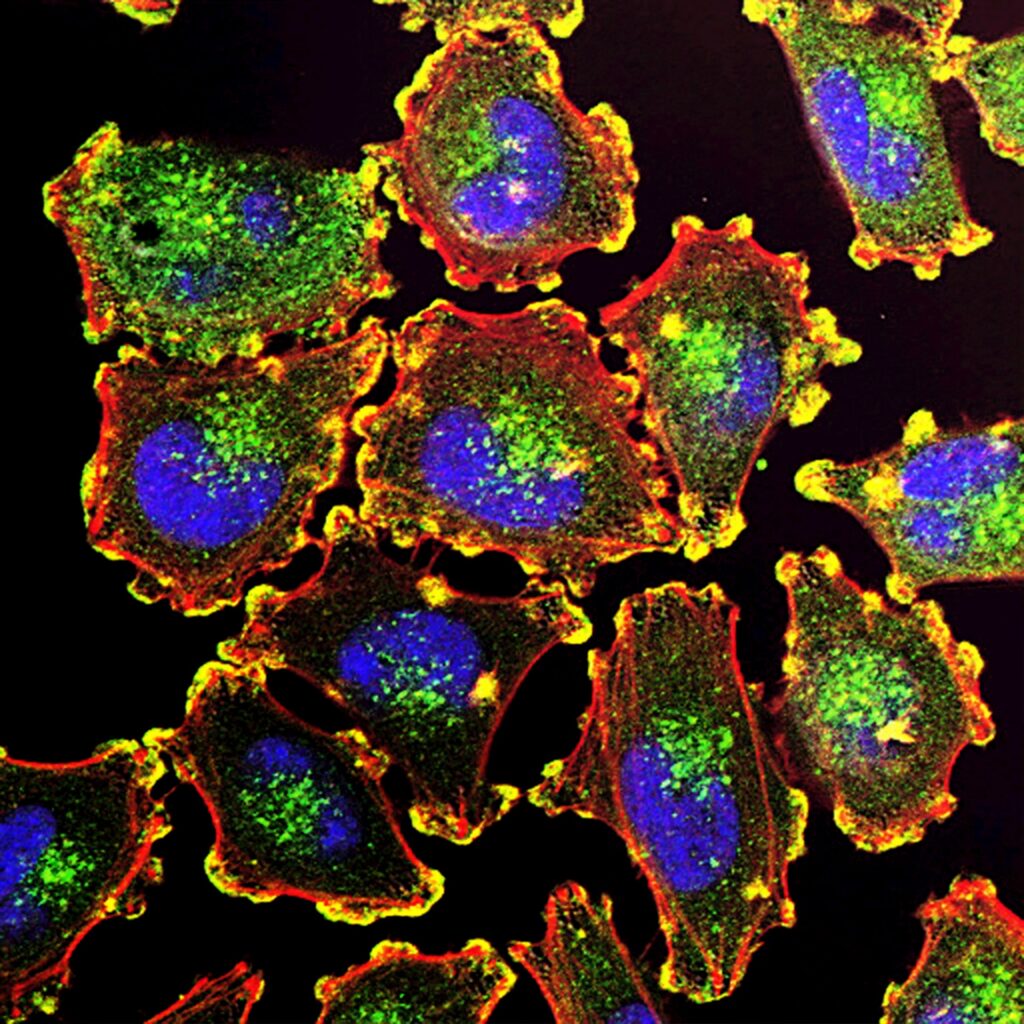In recent studies, an important role of the Integrator subunit INST10 in neural development and cell identity has been found. Dr Alessandro Gardini of the The Wistar Institute led a study which has shown that INST10 is essential for keeping neural cell identity on early development.
The Integrator complex is a multi protein assembly known to be involved in RNA processing. Nevertheless, we still don’t know its specific functional roles in neural development. Dr. Gardini and his team looked at the role of INST10, one of the subunits of the Integrator complex, and found that it is more abundant in neural cells than other cell types. This observation led us to suppose that INST10 has a distinct function in the nervous system.
Utilizing a cell model that simulates early neural development, the researchers observed that reducing INST10 levels led to significant changes in gene expression. Notably, cells with diminished INST10 exhibited a shift away from neural cell fate, instead showing characteristics of mesenchymal cells. This indicates that INST10 is crucial for directing cells toward a neural lineage and preserving their identity.
In the early stages of biological development, stem cells transition from a state of “pluripotency,” which is the ability of an unspecialized cell to develop into any number of mature, specialized cell types based on the biological signals and inputs they receive along the way.
At the single-cell level, the absence of INST10 resulted in the loss of expression of key neuronal genes. Concurrently, there was an increase in gene signatures associated with non-neural cell types, such as intestinal or smooth muscle cells. These findings underscore the importance of INST10 in the early stages of neurogenesis, ensuring that developing cells commit to a neural fate.
Dr Alessandro Gardini stated:
By achieving a better understanding of how the nervous system develops at the earliest level, we are better positioned to assess the causes of and potential solutions to neurodevelopmental disorders. Our research provides valuable evidence that neural cell development is not solely driven by transcription factors.
This research fills in the gaps in our knowledge of the molecular mechanisms of neural development. Knowing how neural cell identity arises and is maintained allows scientists to elucidate the role of INST10. Developing therapeutic strategies to modulate neural cell fate determination will require this knowledge, in order to address neuro-developmental disorders due to disrupted neural cell fate determination.

Hassan graduated with a Master’s degree in Chemical Engineering from the University of Chester (UK). He currently works as a design engineering consultant for one of the largest engineering firms in the world along with being an associate member of the Institute of Chemical Engineers (IChemE).



